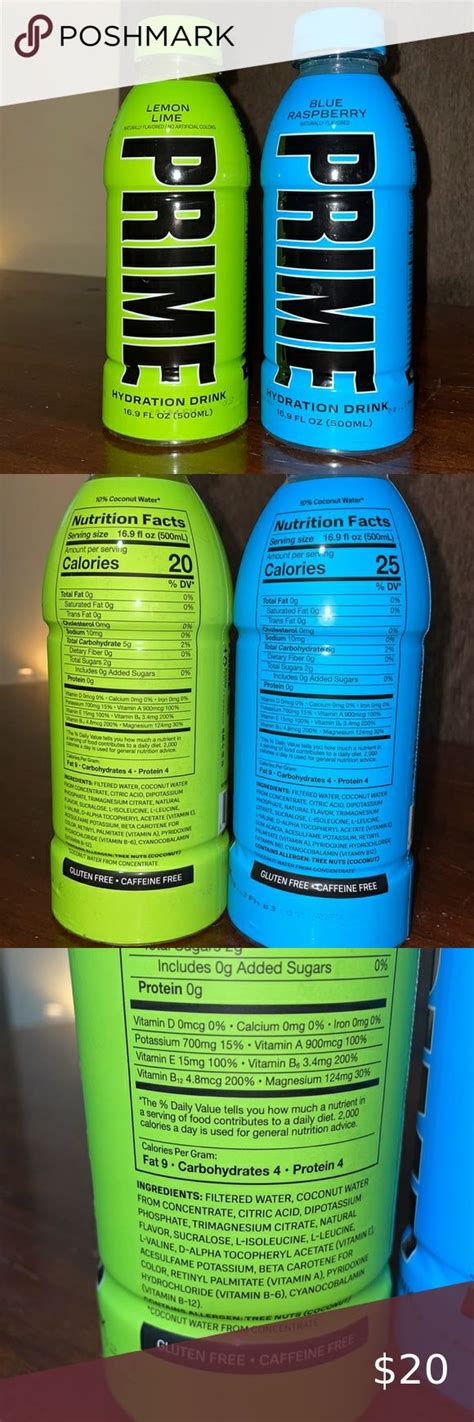How to Spot a Fake Health Drink: A Comprehensive Guide
In the pursuit of a healthier lifestyle, we often turn to health drinks promising a boost of energy, immunity, or overall well-being. However, the market is flooded with counterfeit products, posing a serious threat to our health and financial well-being. Identifying a fake health drink can be challenging, but with the right knowledge and vigilance, you can protect yourself from falling prey to such scams.
This comprehensive guide will equip you with the essential tools and information to distinguish genuine health drinks from their counterfeit counterparts. We’ll explore common signs of fake products, delve into the risks of consuming them, and provide practical tips for ensuring your health and safety.
1. How Can I Tell If My Health Drink Is Fake?
Distinguishing between a genuine health drink and a fake one can be tricky, but there are certain telltale signs to watch out for. Here are some key indicators to help you identify a counterfeit product:
- Check the Packaging:
- Look for inconsistencies in the packaging, such as misspellings, blurry images, or uneven printing. Authentic health drinks usually have high-quality packaging with crisp details.
- Examine the seal and tamper-proof features. If the seal is broken or tampered with, it’s a strong indicator of a fake product.
- Pay attention to the barcode. Scan the barcode using a barcode scanner app on your smartphone. A genuine product should have a matching barcode that links to the manufacturer’s website or product information.
- Examine the Ingredients List:
- Compare the ingredients list to the product information available on the manufacturer’s website. Any discrepancies or missing information should raise red flags.
- Be wary of unusual or unfamiliar ingredients, especially those not commonly found in health drinks.
- Check for excessive sugar content, as fake health drinks often use sugar as a cheaper alternative to natural ingredients.
- Consider the Price:
- If a product is significantly cheaper than its genuine counterpart, be cautious. Fake products are often sold at discounted prices to attract unsuspecting buyers.
- Compare prices across different retailers to ensure the price you’re seeing is within the normal range.
- Observe the Product’s Consistency:
- Genuine health drinks usually have a specific texture and consistency. For example, a protein shake should have a smooth and creamy texture, while a juice should have a consistent thickness. If the product appears watery or too thick, it may be a sign of adulteration.
- Check for any unusual color or smell, as fake products may use substandard ingredients that affect their appearance and aroma.
- Look for Certifications and Approval:
- Check for certifications or approval labels from reputable organizations, such as the FDA or GMP (Good Manufacturing Practices). These certifications indicate that the product has met certain standards for safety and quality.
- If the product lacks these certifications or has questionable labels, it’s a sign of potential counterfeiting.
By carefully examining these factors, you can significantly increase your chances of identifying a fake health drink.
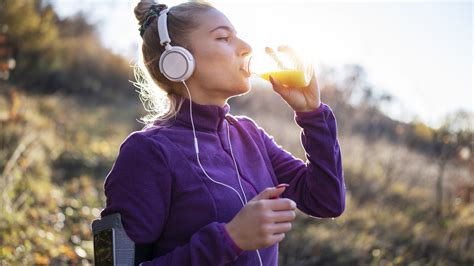
2. What Are The Risks Of Drinking Fake Health Drinks?
Consuming fake health drinks can pose significant risks to your health and well-being. These counterfeit products often contain harmful substances, such as:
- Unregulated Ingredients: Fake health drinks may contain unregulated or unapproved ingredients, which can have unknown and potentially dangerous effects on your body.
- Contaminants: The manufacturing process of fake products is often uncontrolled, leading to the presence of contaminants like bacteria, mold, or heavy metals.
- Harmful Additives: Fake health drinks may contain artificial sweeteners, colors, and flavors that can trigger allergic reactions or other health issues.
- Lack of Nutritional Value: Counterfeit products often lack the essential nutrients claimed on the label, rendering them ineffective in achieving their intended health benefits.
- Long-Term Health Complications: Frequent consumption of fake health drinks can contribute to long-term health problems like digestive issues, liver damage, and chronic diseases.
Therefore, it’s crucial to be vigilant and avoid consuming any health drinks that raise doubts about their authenticity.
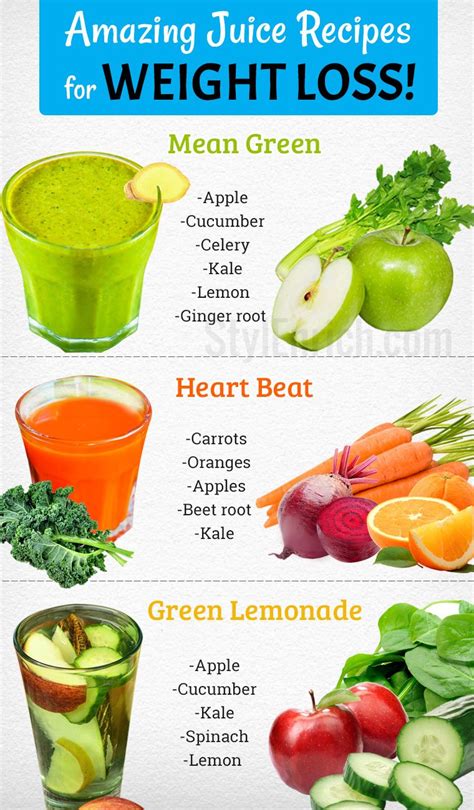
3. What Should I Do If I Think I’ve Been Drinking a Fake Health Drink?
If you suspect you’ve been consuming a fake health drink, it’s essential to take immediate action to minimize any potential harm. Here’s a step-by-step guide:
- Stop Consuming the Drink: Immediately discontinue the use of the suspected fake health drink to prevent further exposure to harmful substances.
- Consult a Doctor: Contact your doctor or a healthcare professional to discuss your concerns and seek medical advice. They can assess any potential risks and provide necessary recommendations.
- Keep the Product for Evidence: If possible, retain the packaging and any remaining product for evidence. This will help authorities identify the counterfeit product and prevent further distribution.
- Report to the Authorities: Report your concerns to the local authorities, such as the Food and Drug Administration (FDA) or Consumer Protection Agency. They can investigate the matter and take appropriate action.
- Spread Awareness: Share your experience with others to raise awareness about the prevalence of fake health drinks and the importance of being cautious.
By taking these steps, you can protect yourself and others from the dangers of consuming counterfeit products.
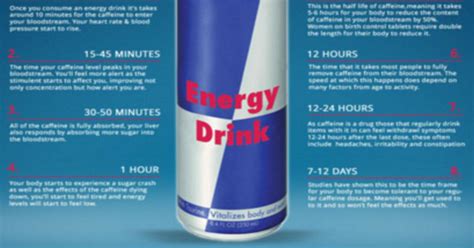
4. Where Can I Buy Genuine Health Drinks?
To ensure you’re purchasing authentic health drinks, it’s crucial to shop from reputable sources. Here are some tips for finding genuine products:
- Trusted Retailers: Opt for well-established retailers with a good reputation for selling authentic products. Avoid buying from unknown online stores or street vendors.
- Authorized Distributors: Check if the retailer is an authorized distributor for the specific brand you’re interested in. This ensures that the products are sourced directly from the manufacturer.
- Manufacturer’s Website: Visit the manufacturer’s official website to find a list of authorized retailers or online stores where you can purchase genuine products.
- Read Reviews and Testimonials: Before making a purchase, read reviews and testimonials from other customers to gain insights into the retailer’s authenticity and product quality.
- Compare Prices: Compare prices across different retailers to ensure you’re getting a fair deal. Be wary of significantly discounted prices, as they may indicate a counterfeit product.
By adhering to these guidelines, you can significantly reduce the risk of purchasing fake health drinks and prioritize your health and safety.
5. Can I Test My Health Drink at Home to Check If It’s Fake?
While it’s impossible to conduct a definitive lab test at home to confirm the authenticity of a health drink, you can perform some basic checks to assess its legitimacy. Here are some simple steps:
- Taste Test: Compare the taste and aroma of the product to previous experiences with the same brand. If there’s a noticeable difference, it may indicate a counterfeit product.
- Ingredient Comparison: Carefully compare the ingredients list on the packaging to the product information available on the manufacturer’s website. Any discrepancies or missing information should raise red flags.
- Dissolving Test: For powdered or liquid health drinks, observe how the product dissolves in water. Fake products may dissolve unevenly or leave behind residue.
- Color and Texture Check: Compare the color and texture of the product to images or descriptions on the manufacturer’s website. If there’s a significant difference, it may suggest a counterfeit product.
Remember, these tests are not conclusive and may not guarantee a definite answer. However, if any of these checks raise suspicions, it’s best to err on the side of caution and avoid consuming the product.
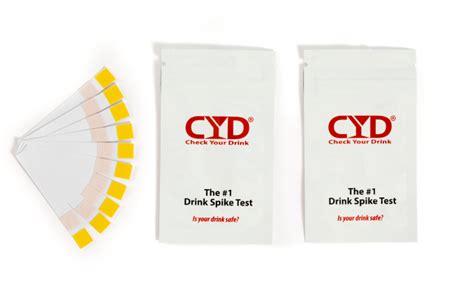
6. Are There Any Government Regulations for Health Drinks?
Governments worldwide have implemented regulations to ensure the safety and quality of health drinks. These regulations cover various aspects, including:
- Ingredient Standards: Regulations establish standards for the ingredients used in health drinks, ensuring they meet safety and quality requirements.
- Labeling Requirements: Specific labeling requirements ensure that consumers are informed about the ingredients, nutritional content, and potential allergens in the product.
- Manufacturing Practices: Regulations govern manufacturing practices to ensure that health drinks are produced in a safe and hygienic environment.
- Product Testing: Regulatory bodies conduct tests to verify the authenticity and safety of health drinks, ensuring they comply with established standards.
- Enforcement and Penalties: Governments enforce regulations and impose penalties on manufacturers who violate these standards, deterring counterfeiting and ensuring consumer protection.
While these regulations are in place to safeguard consumer health, it’s still crucial to be vigilant and take precautions to avoid purchasing fake health drinks.
7. What Are Some Tips for Buying Health Drinks Safely?
In addition to the previously mentioned advice, here are some additional tips for buying health drinks safely:
- Buy from Reputable Brands: Choose health drinks from well-established and reputable brands with a proven track record of quality and safety.
- Read Reviews and Research: Before purchasing a health drink, read reviews and research the product online to gather information about its authenticity and effectiveness.
- Check Expiry Dates: Always check the expiry date on the packaging and avoid purchasing products that are close to or past their expiry date.
- Be Cautious of Bargain Prices: If a product is significantly cheaper than its usual price, be wary. It may indicate a counterfeit product or an expired item.
- Store Properly: Once you’ve purchased a health drink, store it properly to maintain its quality and freshness. Follow the storage instructions provided on the packaging.
- Consult with a Healthcare Professional: Before introducing any new health drink into your diet, consult with a healthcare professional to ensure it’s suitable for your individual needs and health condition.
By following these tips, you can significantly reduce the risk of purchasing fake health drinks and make informed decisions about your health and wellness.
8. What Are Some Popular Health Drinks That Are Often Counterfeited?
While any health drink can be subject to counterfeiting, certain popular products are often targeted by counterfeiters due to their high demand and brand recognition. These include:
- Protein Shakes: Protein shakes are widely popular for their muscle-building and recovery benefits. Counterfeiters often target these products with fake ingredients and lower protein content.
- Energy Drinks: Energy drinks are commonly counterfeited to exploit their popularity among consumers seeking an energy boost. Fake versions may lack essential ingredients or contain harmful additives.
- Weight Loss Products: Weight loss products are frequently counterfeited, often with misleading claims and ineffective ingredients. Be cautious of any product claiming miraculous weight loss results.
- Immune-Boosting Supplements: Immune-boosting supplements are particularly susceptible to counterfeiting during times of heightened health concerns. Counterfeit products may lack active ingredients or contain harmful substances.
If you’re considering purchasing any of these popular health drinks, exercise extra caution and follow the tips mentioned earlier to ensure you’re getting a genuine product.
9. How Can I Report Fake Health Drinks to the Authorities?
If you suspect you’ve encountered a fake health drink, reporting it to the relevant authorities is crucial to protect public health and prevent further distribution. Here’s how you can report it:
- Food and Drug Administration (FDA): In the United States, the FDA is the primary agency responsible for regulating food and drug products. You can report suspected counterfeit health drinks through the FDA’s website or by calling their hotline.
- Consumer Protection Agencies: Most countries have consumer protection agencies dedicated to safeguarding consumer rights and investigating fraudulent activities. Report your concerns to the relevant agency in your region.
- National Pharmacovigilance Centers: If the health drink in question is a pharmaceutical product, you can report it to your country’s national pharmacovigilance center. These centers monitor and investigate adverse drug reactions and counterfeit products.
- Local Law Enforcement: In some cases, you may need to report the counterfeit product to your local law enforcement agency, especially if you’ve purchased it from an illegal source or have evidence of criminal activity.
When reporting fake health drinks, provide as much information as possible, including details about the product, where you purchased it, and any evidence you have. This will help authorities identify the source of the counterfeit products and take appropriate action.
10. What Can I Do to Prevent Buying Fake Health Drinks?
Preventing the purchase of fake health drinks requires a proactive approach, combining awareness, vigilance, and informed decision-making. Here are some preventive measures you can take:
- Stay Informed: Educate yourself about the signs of fake health drinks and be aware of the common products that are targeted by counterfeiters.
- Shop from Reputable Sources: Only purchase health drinks from trusted retailers and authorized distributors. Avoid buying from unknown online stores or street vendors.
- Verify Product Authenticity: Check for certifications, approval labels, and tamper-proof features on the packaging. Compare the information on the product to the manufacturer’s website.
- Be Skeptical of Bargain Prices: If a health drink is significantly cheaper than its usual price, be wary. It may be a counterfeit product or an expired item.
- Read Reviews and Testimonials: Before making a purchase, read reviews and testimonials from other customers to gain insights into the retailer’s authenticity and product quality.
- Report Suspicious Products: If you encounter a product that raises suspicions, report it to the relevant authorities to help protect public health and prevent further distribution.
By taking these preventive measures, you can significantly reduce the risk of purchasing fake health drinks and make informed choices about your health and well-being.
Summary
In conclusion, the prevalence of fake health drinks poses a serious threat to consumer health and well-being. By understanding the signs of counterfeit products, being aware of the risks associated with consuming them, and taking precautions to ensure authenticity, you can protect yourself from falling prey to such scams.
This guide has provided you with comprehensive information and practical tips to help you identify genuine health drinks and avoid the dangers of counterfeit products. Remember to stay informed, exercise caution, and always prioritize your health and safety.
FAQ
Here are some frequently asked questions about fake health drinks:
Q1: What are some common signs of fake health drinks?
Some common signs of fake health drinks include inconsistencies in packaging, blurry images, uneven printing, broken seals, tampered tamper-proof features, mismatched barcodes, unusual or unfamiliar ingredients, excessive sugar content, significantly discounted prices, watery or overly thick consistency, unusual color or smell, and lack of certifications or approval labels.
Q2: How can I check the authenticity of a health drink?
You can check the authenticity of a health drink by comparing the product to the manufacturer’s website, checking for certifications and approval labels, examining the packaging for inconsistencies, and observing the product’s consistency, color, and smell. It’s also essential to buy from reputable retailers and authorized distributors.
Q3: What are the risks of consuming fake health drinks?
Consuming fake health drinks can pose significant health risks, including exposure to unregulated ingredients, contaminants, harmful additives, lack of nutritional value, and potential for long-term health complications. These products may contain harmful substances that can cause allergic reactions, digestive issues, liver damage, and other health problems.
Q4: How can I report a fake health drink?
You can report a fake health drink to the Food and Drug Administration (FDA), consumer protection agencies, national pharmacovigilance centers, and local law enforcement agencies. Provide as much information as possible, including details about the product, where you purchased it, and any evidence you have.
Q5: What are some popular health drinks that are often counterfeited?
Popular health drinks that are often counterfeited include protein shakes, energy drinks, weight loss products, and immune-boosting supplements.
Q6: Where can I find a list of authorized retailers for health drinks?
You can find a list of authorized retailers for health drinks on the manufacturer’s official website. You can also check with reputable retailers and authorized distributors to ensure you’re buying genuine products.
Q7: Are there any government regulations for health drinks?
Yes, governments worldwide have implemented regulations to ensure the safety and quality of health drinks. These regulations cover various aspects, including ingredient standards, labeling requirements, manufacturing practices, product testing, and enforcement and penalties.
Summary Table
| Key Aspect | Information |
|---|---|
| Signs of Fake Health Drinks | Inconsistencies in packaging, blurry images, uneven printing, broken seals, tampered tamper-proof features, mismatched barcodes, unusual or unfamiliar ingredients, excessive sugar content, significantly discounted prices, watery or overly thick consistency, unusual color or smell, and lack of certifications or approval labels. |
| Risks of Consuming Fake Health Drinks | Exposure to unregulated ingredients, contaminants, harmful additives, lack of nutritional value, and potential for long-term health complications, including allergic reactions, digestive issues, liver damage, and other health problems. |
| How to Check Authenticity | Compare product to manufacturer’s website, check for certifications and approval labels, examine packaging for inconsistencies, and observe product’s consistency, color, and smell. |
| Where to Buy Genuine Products | Reputable retailers, authorized distributors, manufacturer’s website, and online stores with good reviews. |
| How to Report Fake Products | Report to Food and Drug Administration (FDA), consumer protection agencies, national pharmacovigilance centers, and local law enforcement agencies. |
| Popular Counterfeited Products | Protein shakes, energy drinks, weight loss products, and immune-boosting supplements. |
| Government Regulations | Regulations cover ingredient standards, labeling requirements, manufacturing practices, product testing, and enforcement and penalties. |
